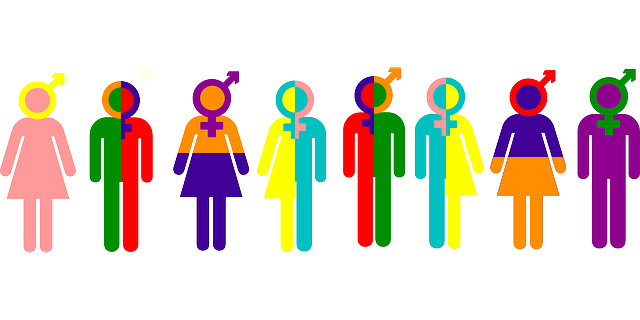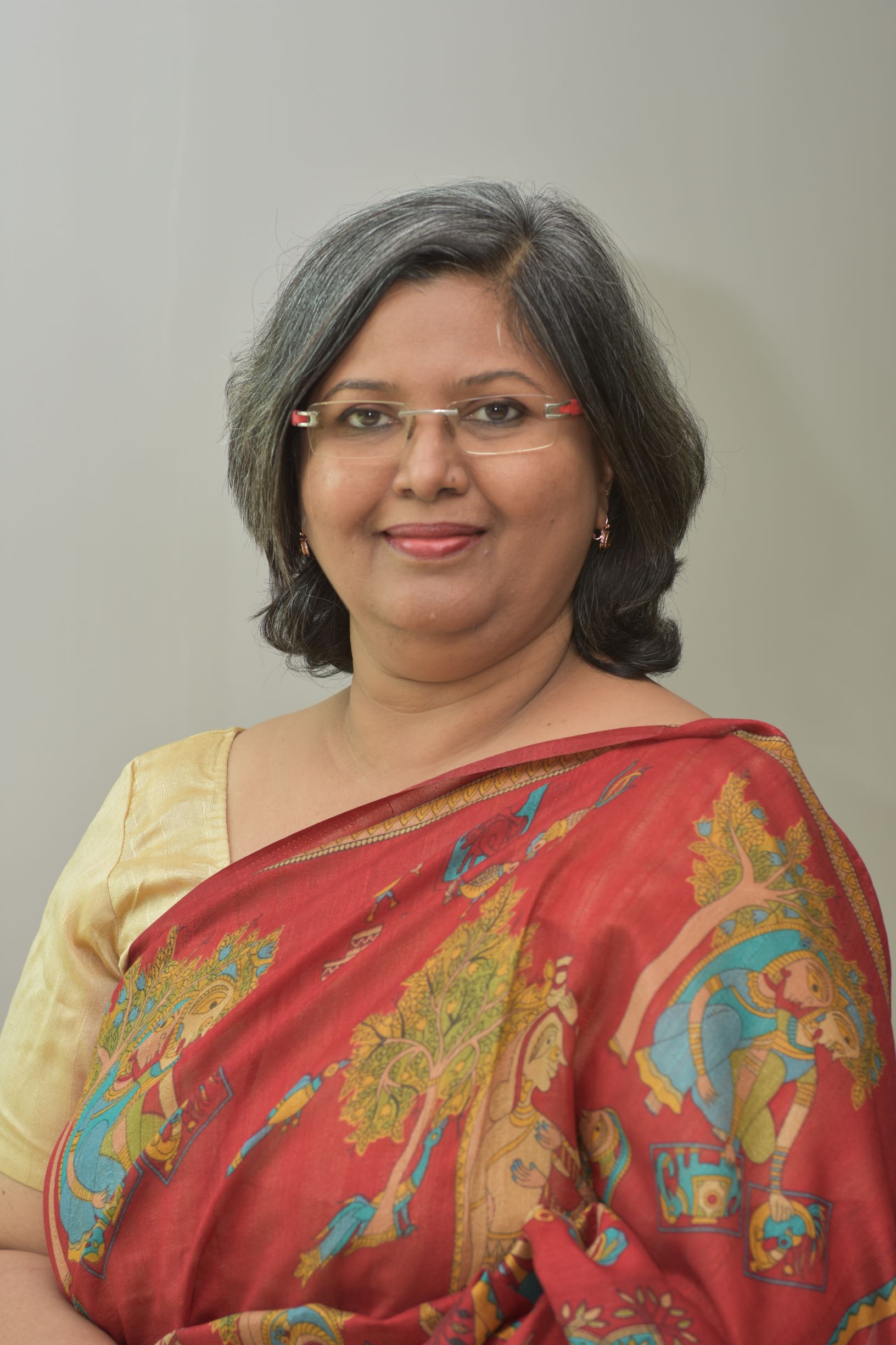I have been to many conferences, discussions, and internal events on ‘Diversity & Inclusion’. And I am perplexed how we always tend to get the alphabet order wrong.
How can one even talk about diversity if there exists no culture or the right mind-set for inclusion? Culturally, India is a very diverse and rich country. Unfortunately, it is the inclusiveness that needs to be more focused. Until 2018, the LGBT community were treated as criminals. They had no recourse to justice because justice itself was denied to them. The decriminalisation of Section 377 lead to a new dawn and broadened the definition of inclusion.
The LGBT community has now been expanded to encompass the queer, intersex and asexual – LGTBQIA. Most of our policies are yet to be geared up to include the LGBTQIA community and provide them equal work opportunities. Wash rooms still tend to be designated as male/female. Most importantly, many organisations still need to put in place a culture where inclusiveness is embedded in the minds of each and every one. Unless we don’t have an organisational culture that is inclusive for all and wherein inclusiveness is practiced day in and out, we can let the ‘D’ of diversity stay in the dust bin. I will come to that later.
Building the right inclusive culture
How do we even create this culture of inclusiveness? It is simple really. By speaking about it. Not in nooks and corners or through the intranet. But by raising the issue in town halls. Having a leadership discussion. Involving teams and colleagues. Inclusiveness needs both – a top-down as well as a bottom-top approach. However, leadership needs to set the standard and sustain the journey.
Begin by looking at our hiring policies – have they changed with the changing times? Do the hiring policies reflect the trend and choices of the changing definition of inclusion? Are our recruitment forms still asking for gender details? Millennials prefer to be known as ‘gender fluid.’ How and where do we include them? We are so used to ‘bucketing’ people according to their gender that this one does require a big re-think.
The next step is to be aware of our own unconscious biases towards the LGBTQIA community. Last week I was at a beauty salon and saw this beautiful transgender pedicurist. I vowed next time I would ask for an appointment with her. Then I had to ask myself why I wanted that – was it because I felt empathy/sympathy? Surely, that was no reason. I then looked at the professional manner in which the work was being done and sealed my decision. Professionalism cannot be demeaned nor diminished by categorising it gender wise. We all have unconscious biases. If we are to move ahead in our journey of inclusiveness, we must be more self-aware.
Getting the messaging right
Communications has a key role in driving the right culture of inclusion and diversity wherein diversity goes beyond gender and ‘concessions’ earmarked for women employees. Working very closely with HR, communicators can design sensitive and empathetic stories. We may need a series of interventions to get the message across. For example, how about encouraging your employees to participate in the volunteer Pride March and then talk about it? How about having a workplace accessibility survey to assess the gaps that the organisation currently has?
To all communicators here – when you design the key messages ensure you have the right message. Wrong messages can totally kill the game. Have a clear positioning in mind. And please, do not go on an over kill giving everyone a inclusion and diversity fatigue.
Next time, when you think diversity, think inclusion first. Rest everything else falls into place. Remember it’s ‘I&D’ and get the alphabet order right.



Be the first to comment on "This alphabet order is all wrong honey"